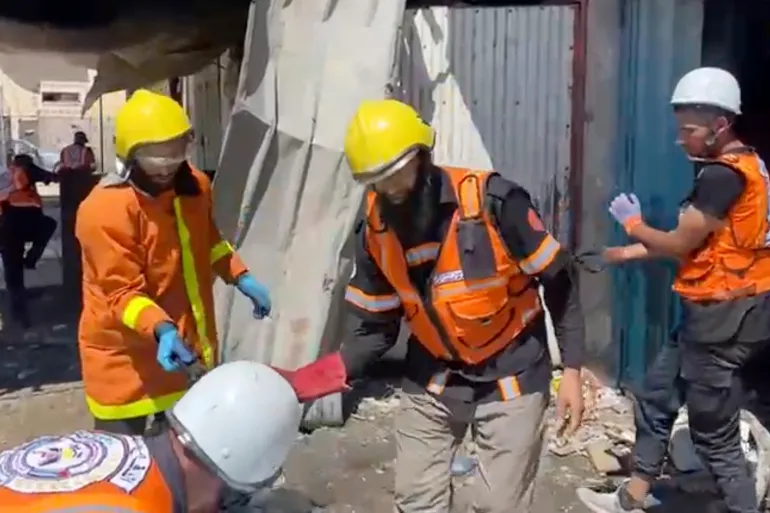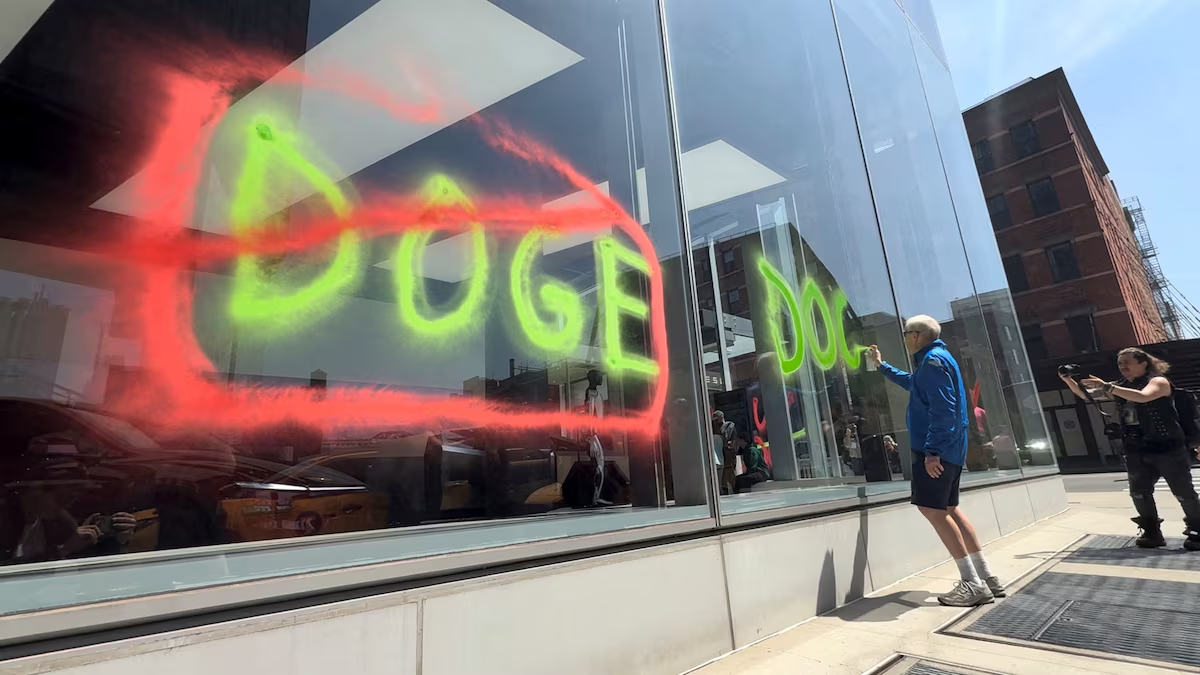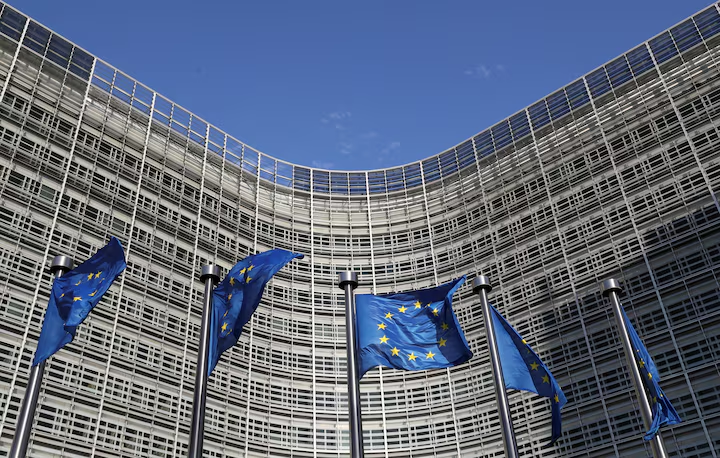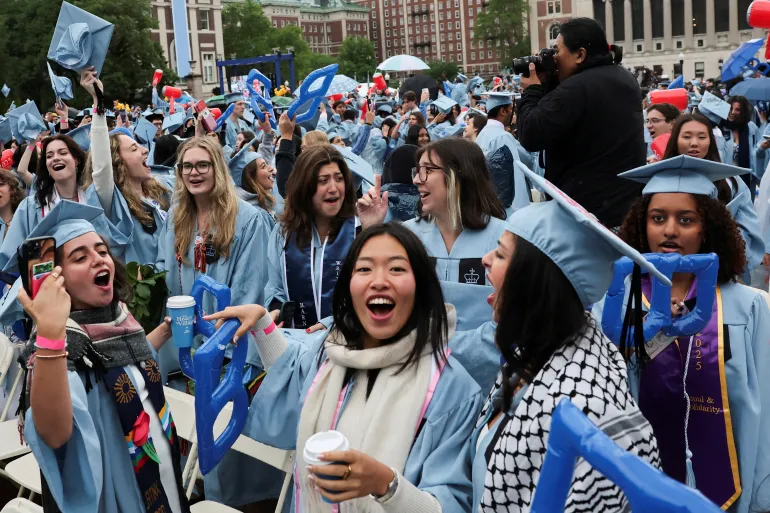Widespread outrage and grief have erupted across the occupied Palestinian territories and beyond after an Israeli airstrike killed nine children belonging to a single family in Gaza, including the sons and daughters of a prominent local doctor. The attack, which occurred during the night, has renewed condemnation of Israel’s military operations and deepened the humanitarian crisis in the besieged enclave.
According to local health officials and family members, the strike hit the family home of Dr. Abed Elrazek Al-Dahdouh, a well-known physician in Gaza City. All nine of his children — ranging in age from toddlers to teenagers — were killed instantly, along with several other relatives. The targeted neighborhood was reportedly not close to any known military sites, and no prior warning was issued before the missile struck.
In a statement delivered through tears, Dr. Al-Dahdouh described the loss as “unbearable.” “They were just children. They were my heart. What threat did they pose?” he asked, as he stood beside the rubble of what was once his home.
Palestinian authorities condemned the attack as a war crime and called for international accountability. Hamas, which governs Gaza, vowed retaliation and accused Israel of deliberately targeting civilians as part of its ongoing military campaign. “This massacre is part of a systematic policy of extermination,” said senior Hamas official Hazem Qassem.
The Israeli military has not commented on the specific strike but claimed it was conducting operations against “terrorist infrastructure” in response to rocket fire from Gaza. It has maintained that it takes measures to avoid civilian casualties, though human rights groups have increasingly disputed those claims given the rising death toll among women and children.
Images of the devastation — bloodied bodies of children, the anguished faces of survivors, and the doctor’s grief — have flooded social media and triggered global condemnation. Hashtags such as #GazaMassacre and #ChildrenAreNotTargets trended across platforms, with activists, celebrities, and political figures demanding an end to the violence.
The United Nations Special Coordinator for the Middle East Peace Process, Tor Wennesland, said he was “horrified by the loss of young lives” and called for an immediate ceasefire. “The death of these children is indefensible. Civilians, especially children, must be protected at all costs,” he said in a statement.
Meanwhile, protests erupted in several cities across the region, including Amman, Beirut, and Istanbul, where demonstrators gathered outside Israeli embassies, chanting slogans and holding up pictures of the slain children.
This latest tragedy comes amid an escalation in the Israeli assault on Gaza, which has entered its third week. More than 300 Palestinians, including over 120 children, have been killed, according to Gaza’s Health Ministry. Entire neighborhoods have been flattened, and hundreds of thousands are now displaced.
International pressure on Israel has mounted, but diplomatic efforts to broker a ceasefire have so far failed. The United States, a key ally of Israel, has reiterated Israel’s “right to self-defense” but urged greater caution to avoid civilian deaths. Critics argue that such statements provide cover for disproportionate military action.
As Gaza’s hospitals fill with the wounded and morgues overflow, the psychological trauma continues to deepen. “This isn’t just about numbers. It’s about lives destroyed and futures erased,” said Dr. Marwan Abu Saada, a colleague of Dr. Al-Dahdouh. “The world must not look away.”
For Dr. Al-Dahdouh, the loss is deeply personal — a tragedy that echoes the suffering of thousands in Gaza. “I dedicated my life to saving others,” he said quietly. “But I could not save my own children.”
Source: Al Jazeera



